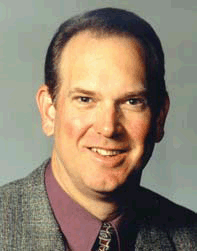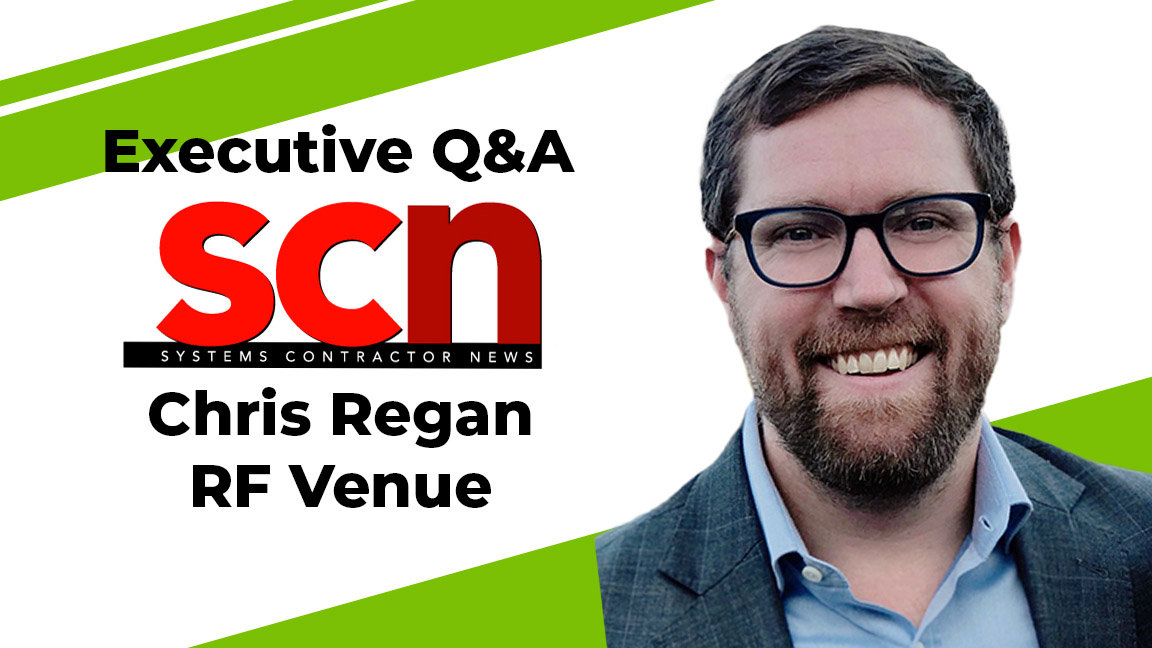Shaken, But Staying Focused

A daily selection of features, industry news, and analysis for AV/IT professionals. Sign up below.
You are now subscribed
Your newsletter sign-up was successful
Probably the most famous two words uttered by former Fed chairman Alan Greenspan are “irrational exuberance.” He used these words in 1996 to describe the run up in the stock market prior to the bust of the dotcom era. It’s too bad he didn’t take the necessary steps to avert the bust or the pending mortgage and banking crisis that followed his departure in 2006. But here we are, and just like a sports franchise following a bad year, it’s time to get back to the fundamentals and avoid the temptation of gimmicks and tricks that got us into trouble in the first place.
I recently decided to remind myself of the basics of building a lasting, successful business by re-reading Jim Collins’ book, From Good to Great. Ok, so I was also motivated by the promise I made to conduct a review of the book at the NSCA Business Leadership Conference, to be held in Florida February 25-27. As I re-read the book I was struck by the simplicity of the concepts and reminded how we have applied them during the past few years while we built our company. So let’s review a few of my favorites.
Leadership: It all begins with leadership, and the best examples of leadership act out of a rock-solid set of values that are never compromised. Collins’ research also showed that the best leaders are often self-effacing and lack the bravado that grabs headlines. When great leaders are asked the secrets of success they use words like “luck” and “timing” and point to others in the organization while becoming extremely uncomfortable when asked to take credit themselves.
First who, then what: We probably spend more time on this concept than any other in our business. The research proves that organizations dedicated to getting the right people on their bus before they decide what to do are far more successful than those who develop a MBA style business plan and then hire people to fulfill the vision. Success is a shared experience that produces the best results from the collaboration of excellent and skilled people. Collins also makes it clear that you must put the right people in the right seats on the bus, be slow to hire and fast to fire, and always put your best people on your biggest opportunity, not your biggest problem.
Confront the brutal facts: When a group of leaders can sit in a room and talk frankly about what’s holding us back, you open the door for real and timely solutions. Great companies don’t develop when the leadership only wants to hear the good news. They require a fierce conversation about the bad news and then take bold and swift action to change their reality.
Hedgehog concept: This is a process of discovery. Discover what you love to do. Discover what you can be best in the world at. And, discover what fuels the money train. When you review your core markets and products in light of the three concepts, the point at which all three overlap becomes the essence of your core business (your hedgehog).
Culture of discipline: Words like methodical, determined, rigorous, accountable, precise, systematic, demanding, fastidious, and consistent describe the essence of great companies. I love the following quote from Collins’ book, “When you combine a culture of discipline with an ethic of entrepreneurship, you get the magical alchemy of great performance.”
A daily selection of the top stories for AV integrators, resellers and consultants. Sign up below.
When I finished re-reading Good to Great, I couldn’t help but wonder about some of the examples the book. Several of the companies that were the focus of Collins’ research have since fallen victim to the recession or have failed by almost any definition. What happened? I can only surmise that they forgot to read the chapter about the “Doom Loop.” They failed to recognize the symptoms or leading indicators that they had strayed from the Good to Great principles. This was my wake-up call. Being labeled a good or great company is not an indicator of future success. It takes discipline to stick to your values and stay focused when all around you seems upside down. Lesson learned? I hope so.
Mike Bradley (mcbradley@safeguard.us) is president of Safeguard Security and Communications, a security and communication systems integrator in Phoenix, AZ. Bradley is a past president and director on the board of the NSCA.
